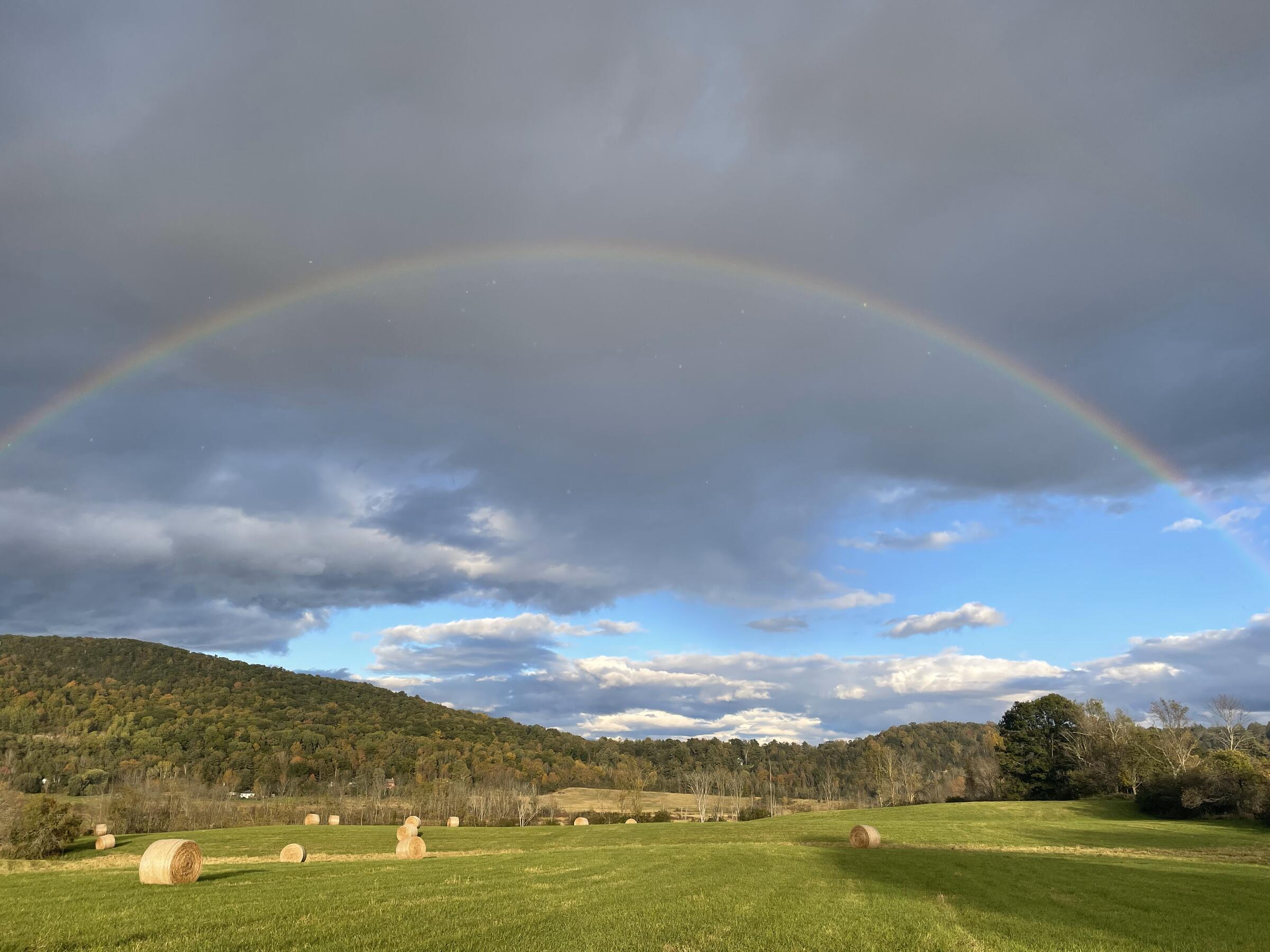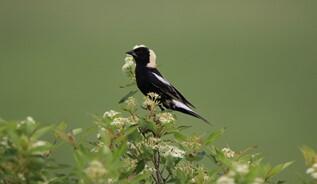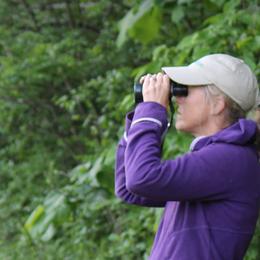There are some exciting changes happening in the Bobolink Project for 2025. This program, which is administered by Mass Audubon and is a partnership between Audubon Vermont, UVM, and NH Audubon, has been paying landowners to manage their hayfields and pastures in a way that benefits nesting grassland birds. Nearly 1,400 acres were enrolled in 2024, with 934 of those in Vermont.
The application process for the 2025 Bobolink Project season is open from now through March 31, 2025. Once all applications have been submitted and donations have been received, accepted applications will be determined the week of April 15.
Changes for the 2025 season include:
- Cutting Dates
-
Delayed First Cut: No disturbance in the field until July 15th (previous date was August 1). The delayed first cut timeline is recommended for most farmers and landowners, particularly those with nesting Eastern Meadowlarks.
-
Delayed Second Cut: No disturbance in the field between May 20 and July 24th (previous dates were May 31 and August 15). The delayed second cut timeline allows landowners to take an early cut in May before Bobolinks begin nesting, and then delays the second cut for 65 days, which is enough time for the birds to return and renest successfully. This timeline can be used to manage fields that have invasive species, as it “resets” the field before plant species of concern go to seed. This timeline is not recommended for fields that have nesting Eastern Meadowlarks.
-
-
Bidding Process
-
Prior to 2025, the program used a reverse-bid fixed price model to determine the compensation rate in terms of dollars per acre for accepted particpants. Bids were accepted in the order of lowest rate to highest, but as each new bid was accepted, everyone’s compensation rate increased to match. Each accepted participant received the same payment rate (dollars per acre enrolled), but some participants received a higher rate than they required while those with greater financial needs were excluded.
-
We removed the fixed price model in 2025. The project asks potential participants to determine the true cost of incorporating one of the two recommended timelines into their management plans, and to submit bids accordingly. Instead of admitting fields based on bid price, fields will be acccepted based on their habitat quality. This change will help ensure that the most high-quality grassland acreage is protected. Outlier bids may be skipped over regardless of their quality, however, in an attempt to meet the financial constraints of the project.
-
For more details on the qualifications required to enroll in the project, please visit https://www.bobolinkproject.com/index.php








